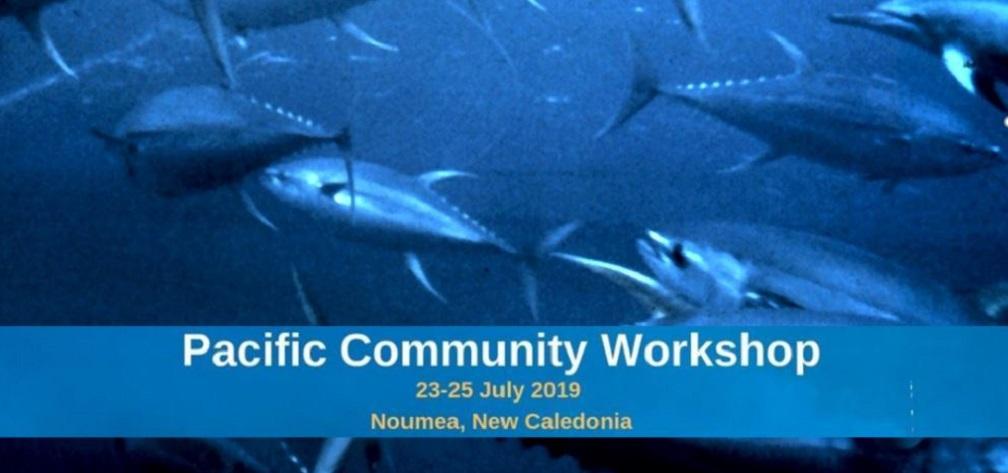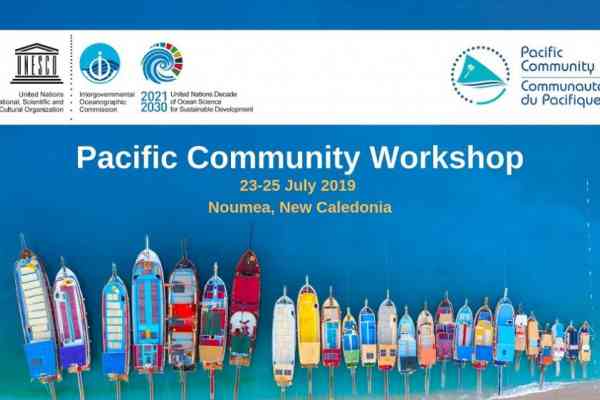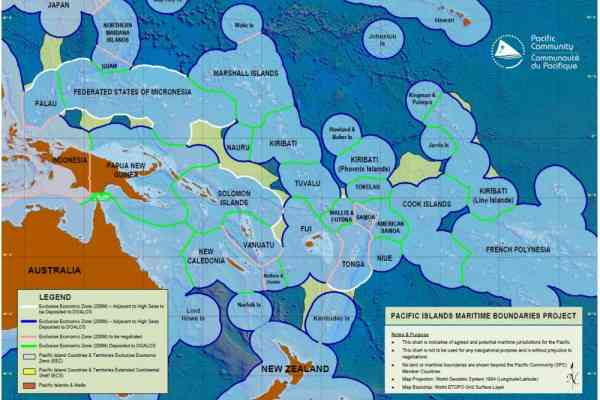US$60 million loss in revenue expected from tuna industry by 2050 due to climate change
By Pita Ligaiula in Noumea
Revenue from tuna caught within the Economic Exclusive Zones (EEZs) of Pacific Island Countries is expected to decline by 2050, according to Johann Bell, senior director of Pacific tuna fisheries at Conservation International.
He told PACNEWS climate change will affect revenue generated from the industry.
“What we’ve done with the recent modelling is actually look at how the biomass of tuna might change within the EEZ of Pacific Island countries and territories and how it might change in the high seas areas.
“And the modelling that we have now is indicating that by 2050 there is likely to be a 15 percent movement of the amount of tuna in the EEZ onto the high seas. So yes that will affect the revenue of several countries because if you make the assumption that the revenue is proportional to how much tuna we have in our waters, then that is likely to change and countries will get less revenue," Bell told PACNEWS in Noumea at the end of the Pacific Community workshop for the UN Decade of Ocean Science for Sustainable Development 2021-2030.
Bell said climate change will continue to increase the surface temperature of the ocean and this will cause skipjack and yellowfin tuna species to shift significantly to the East.
He told PACNEWS regional governments will receive less revenue because foreign fishing fleets will take more of their tuna catch from the high seas where they do not have to pay fishing license fees.
“There are some countries further to the East where the amount of tuna in their EEZ is likely to increase and they might expect to get greater catches.
“So if you look at the numbers at the moment, in 2016 license fees revenue for all the Pacific Island Countries and Territories was about US$465 million with 15 percent of the biomass of tuna moving from the EEZ onto the high seas. So we could be looking at a change in license revenue of about US$60 million, a loss of license revenue collectively across the region by 2050,” said Bell.
He said a promising way to cushion Pacific island economies against a loss of license revenue would be to explore how best to add value to tuna.
Bell said they are also exploring how best to help the region retain the rights to the tuna resources that currently occur within their EEZs, regardless of displacement of the fish by climate change.
This would mean that although some tuna would no longer physically be in the EEZs of a Pacific island nation, these tuna would still belong economically to that country, said Bell.
Pita Ligaiula’s story has been developed as part of the Pacific Community Workshop on the UN Decade of Ocean Science for Sustainable Development 2021-2030. This was made possible through SPC’s Australian funded Climate and Ocean Support Program in the Pacific (COSPPac). COSPPac works to help translate ocean science that is critical and relevant to the Pacific region to better inform evidence based decision making for our climate and oceans.







